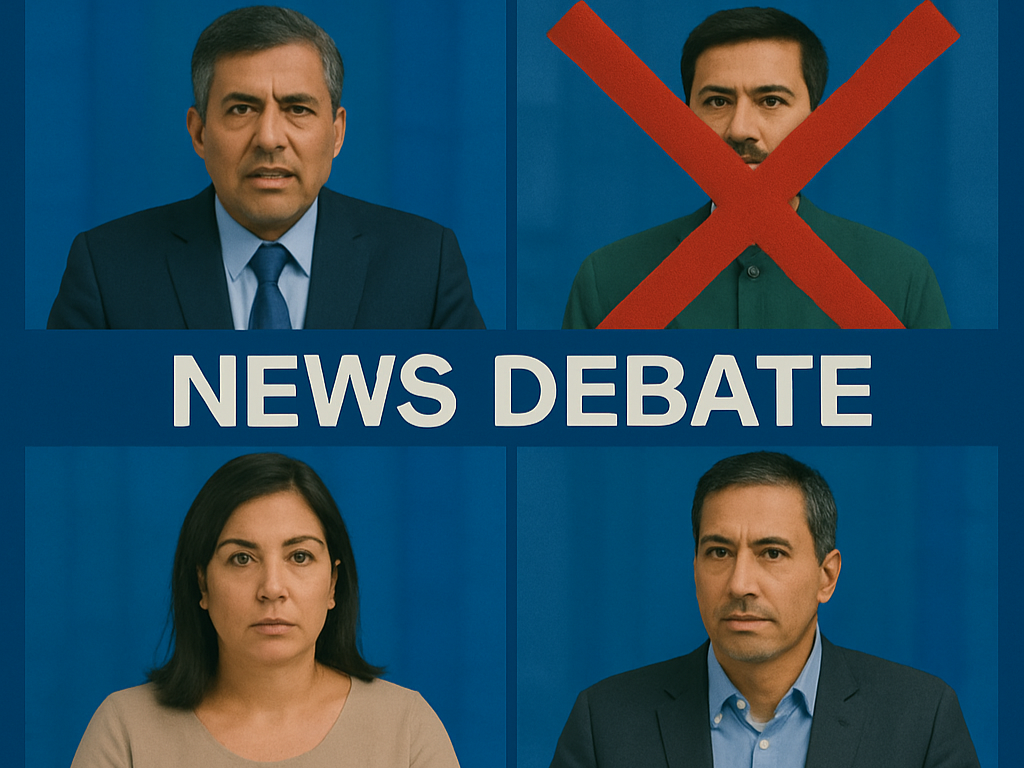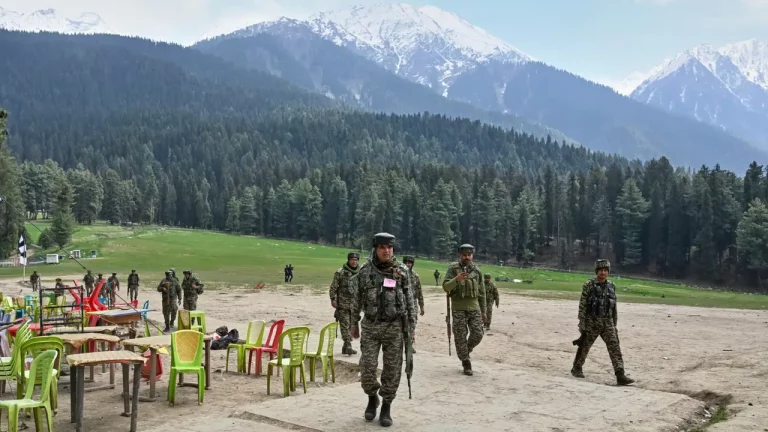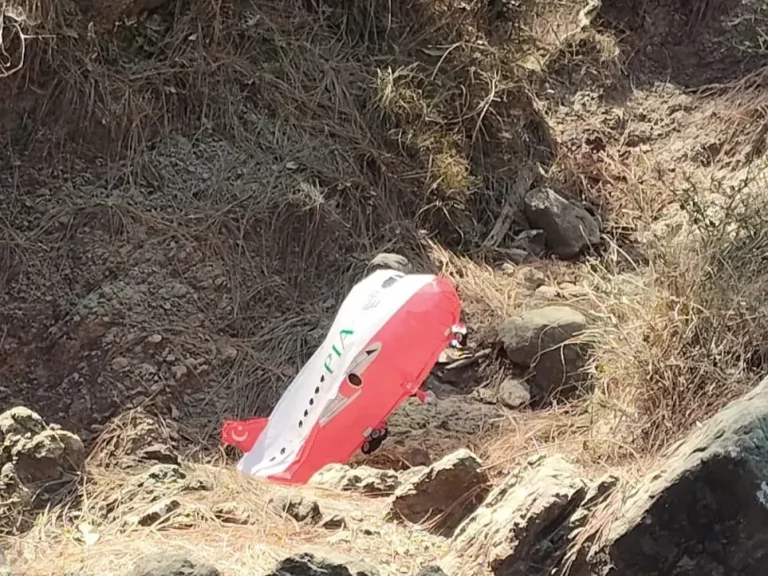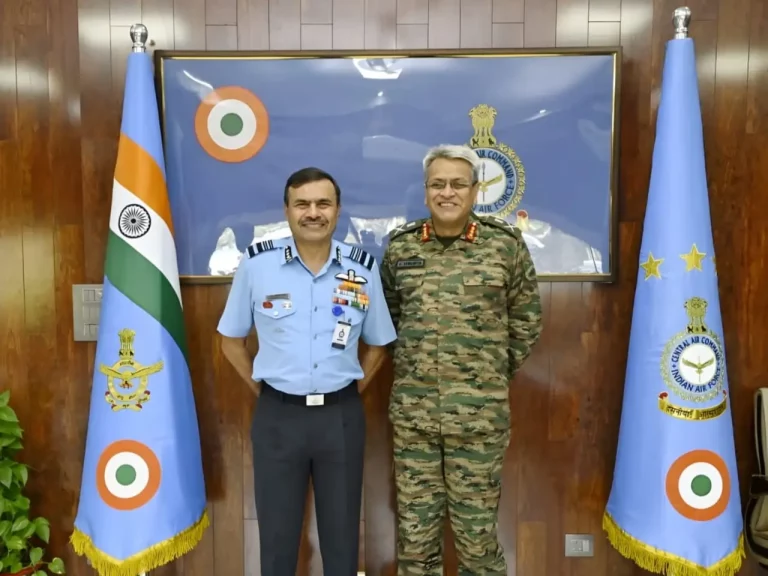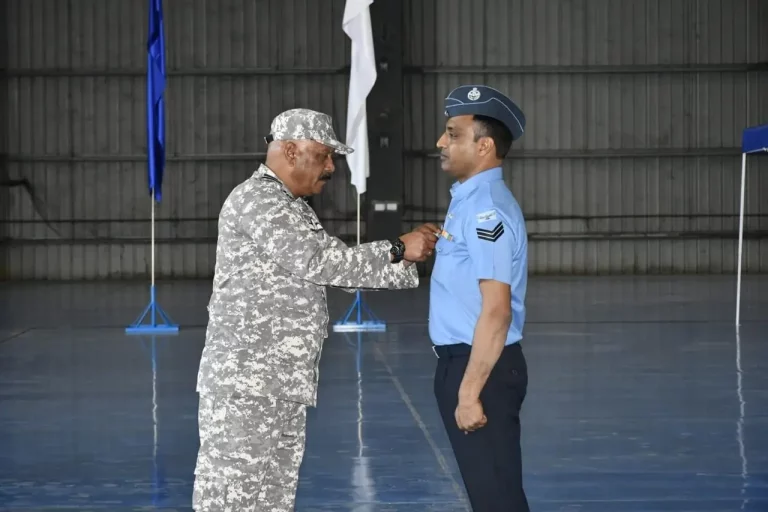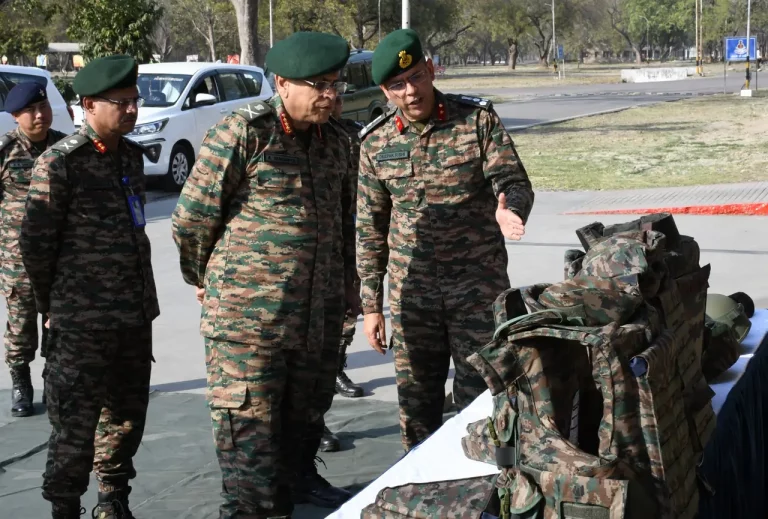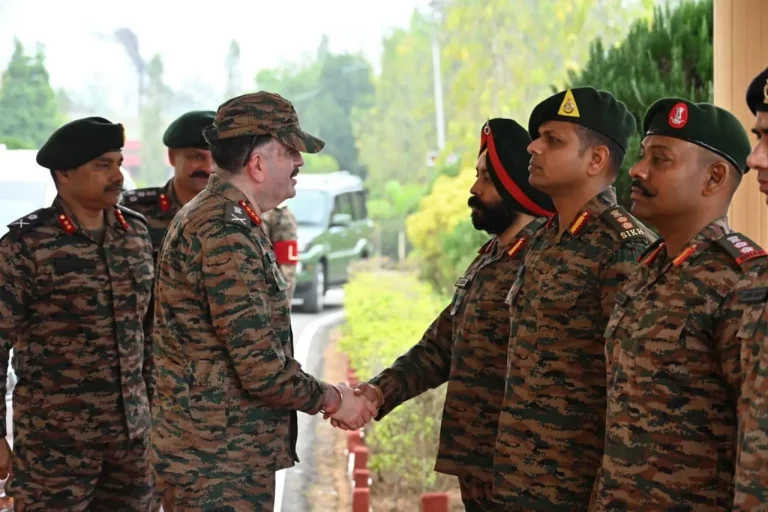In a notable development amid escalating tensions between India and Pakistan, the News Broadcasters & Digital Association (NBDA) has issued a critical advisory to its member channels. This directive prohibits the involvement of Pakistani panelists in Indian news debates and programs, highlighting a significant shift in the media landscape.
The advisory, marked “Urgent & Confidential” and endorsed by NBDA Secretary General Annie Joseph, responds to concerns from the Ministry of Information & Broadcasting. The ministry has expressed apprehension regarding the use of Indian media platforms by Pakistani commentators to propagate anti-India narratives. The NBDA claims that some foreign participants have been involved in “false propaganda against India,” utilizing televised platforms to undermine the country’s sovereignty.
This directive comes in the wake of a tragic terrorist attack in Pahalgam, Kashmir, on April 23, 2025, targeting tourists. Indian authorities have attributed the attack to Pakistan-based militant groups, identifying two suspects as Pakistani nationals. Although Islamabad has denied any involvement, the incident has exacerbated the already strained diplomatic relations between the two nations.
In response to the attack, India has embarked on a series of diplomatic and military strategies, including naval missile test strikes. Prime Minister Narendra Modi, addressing the nation after the incident, vowed to relentlessly pursue those responsible, framing the attack as an affront to Indian security and unity.
The NBDA’s advisory appears to be in line with a wider government directive announced on April 26, 2025, which advised media outlets to refrain from live coverage of counter-terror operations. This guidance refers to previous crises, such as the 2008 Mumbai attacks, where unrestricted broadcasting was deemed to have jeopardized national interests.
Reactions within the media industry have been mixed. While some embrace the NBDA’s initiative as a way to uphold national unity and counter hostile narratives, others voice concerns over potential restrictions on free speech and the implications for cross-border dialogue. Despite these dissenting views, the advisory emphasizes the necessity for strict compliance, reflecting a growing trend toward strategic information control during times of heightened geopolitical tension.
As relations between India and Pakistan continue to deteriorate, the media’s role in shaping public perception and safeguarding national interests is increasingly scrutinized. Regulatory bodies are intensifying their efforts to limit external influence amid crises, signaling a pivotal moment in the relationship between media freedom and national security.
